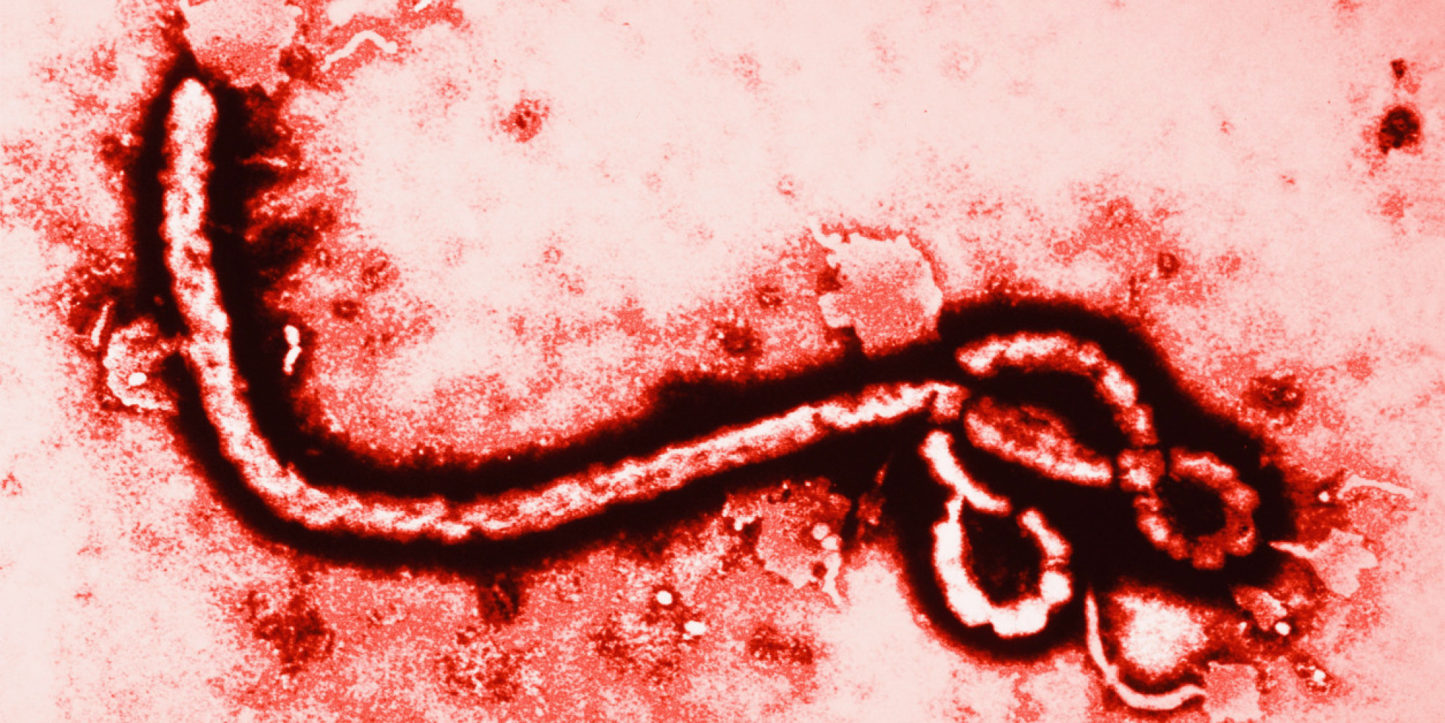Ebola Virus: Is your facility protected?

As we witness the Ebola virus outbreak turning from bad to worse, it is a good time to evaluate whether your facility is ready.
The Ebola virus is incredibly deadly, with a death rate of up to 90%. Because of globalization and changing means of transportation, the disease can now spread and cross borders to cause infection in ways not previously possible.
Ebola is easily transmissible through body fluids, making it a truly hazardous disease. Medical waste regularly contains body fluids, and improper management of waste can put your facility at risk.
Here are some important facts about the Ebola virus:
- Direct contact with tainted fluids can transmit the disease. Ebola virus spreads through body fluids often found in medical waste.
- Past and recent events show that health workers face the highest risk of catching Ebola.
- A person who has died of Ebola has a high viral load, and embalming cadavers can spread the disease.
- Bats, notably fruit bats, and warm-blooded mammals, are highly suspected to be carriers of the Ebola virus. This means that workers in veterinary clinics may also be at risk.
Proper medical waste management can reduce Ebola risk
Correct adherence to handling, containment and hauling procedures can greatly lower the risk of exposing health workers to Ebola and other infectious diseases. Use of PPE means there is less chance of contact with infectious fluids. Use of solid and impermeable containers and secure storage effectively isolates medical waste. Even if the Ebola virus is present, the following measures ensure that infectious fluids will remain contained and unable to cause infection:- Handling medical waste materials and containers using appropriate personal protective equipment (PPE)
- Regular hauling of medical waste, with storage not allowed to be filled beyond capacity
- Storage of medical waste in a highly restricted area
- Clear labeling of medical waste containers and storage areas
- Using solid and sealed containers for medical waste, and inspecting them regularly
- Using the services of a specialized, licensed and insured hauler for medical waste collection